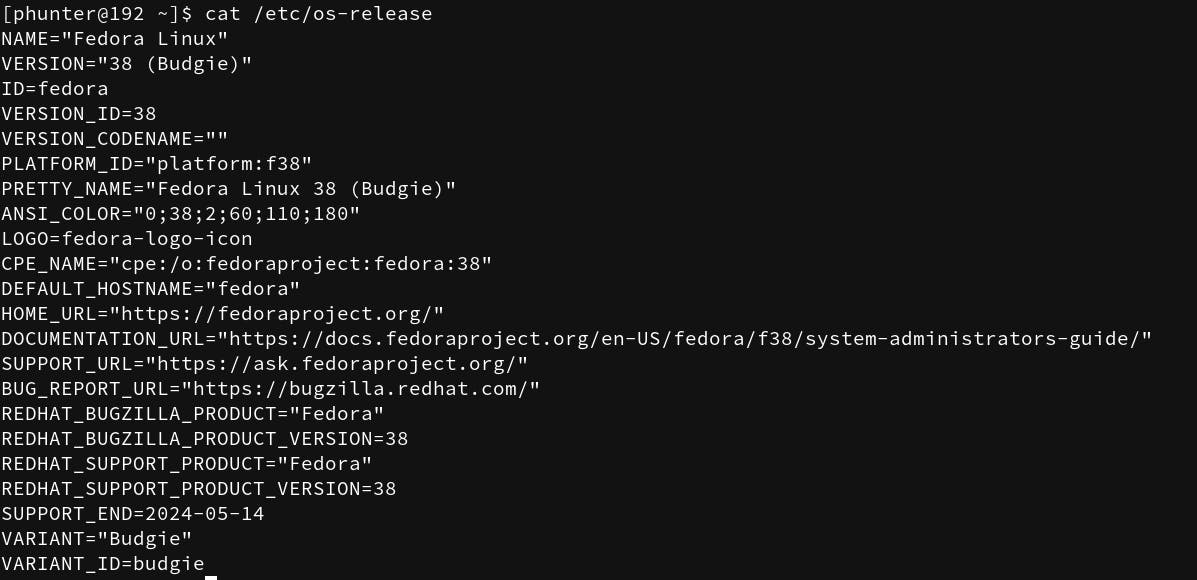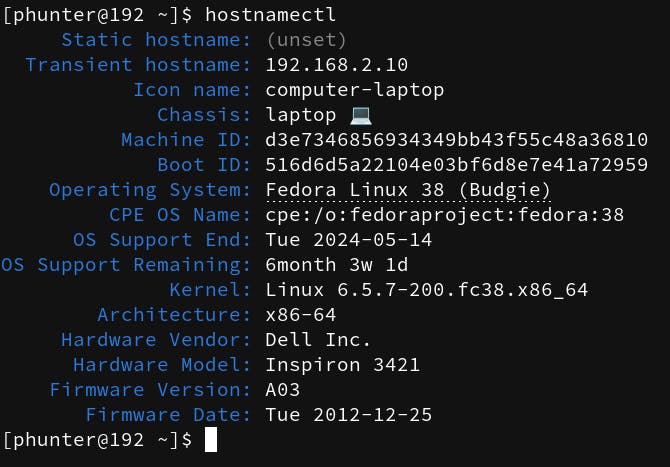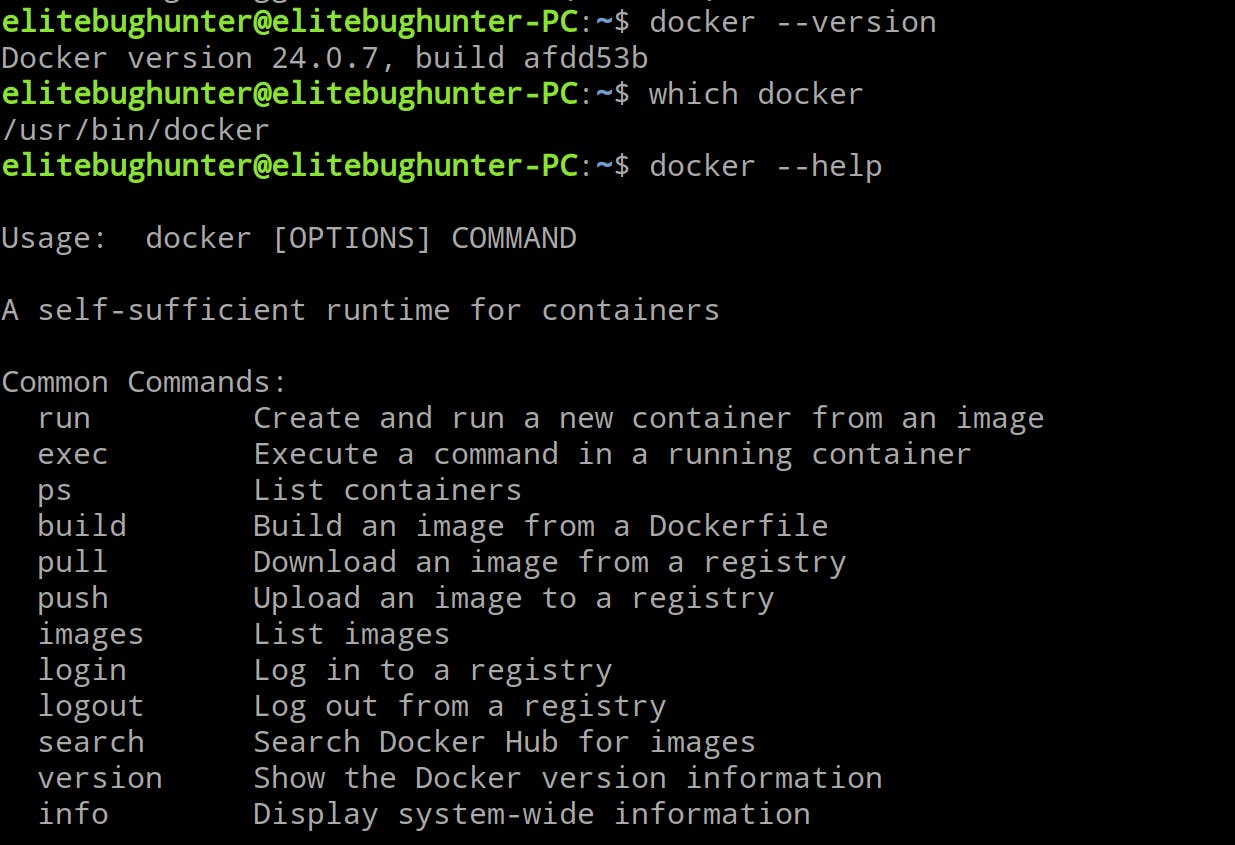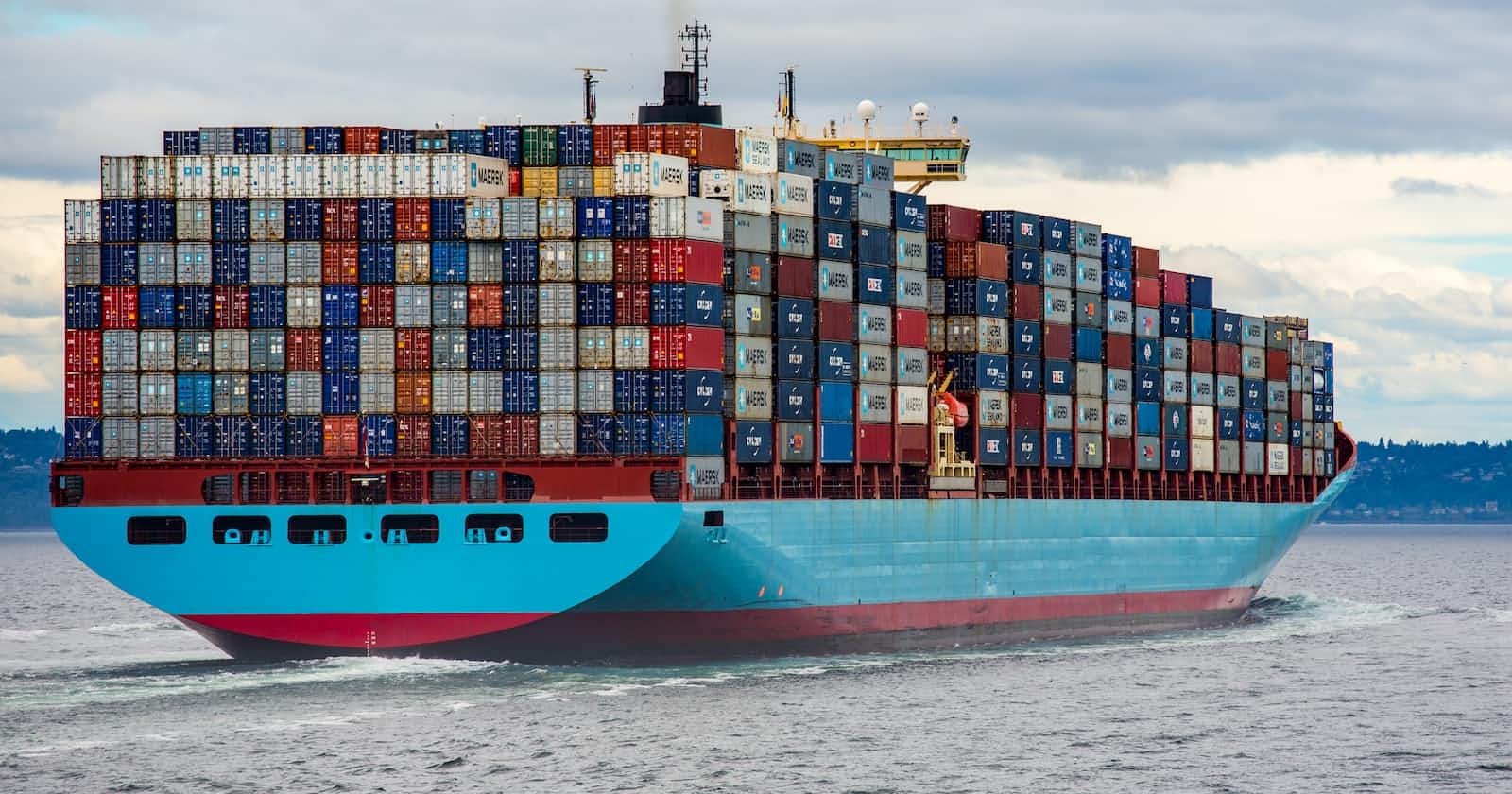Docker
Docker is a platform for developing, shipping, and running applications in containers.
Containers are lightweight, portable, and self-sufficient units that can package an application and its dependencies, including libraries and configuration files, into a single, consistent environment.
This allows developers to create, deploy, and manage applications more efficiently, regardless of the underlying infrastructure.
Let's get down to business
shall we?

Solution
Check your OS (optional)
This step is just to ensure you have Fedora 38 Linux installed. You can pick up one command or you can use them all.
/etc/os-release
cat /etc/os-release

hostnamectl
hostnamectl
Output

When you run hostnamectl without any options, it provides detailed information about the system's hostname, operating system, kernel, and other system-related settings.
lsb_release
lsb_release -a
Output

lsb_release is a command-line utility commonly found in Linux distributions that adhere to the Linux Standard Base (LSB). The LSB is a standardization initiative that aims to increase compatibility between different Linux distributions by defining a common set of libraries and conventions.
uname
uname -a
Output

The uname -a command is used to display detailed system information about the Linux operating system. It provides information about the system's kernel and other system-related details.
Install dependencies
sudo dnf -y install dnf-plugins-core
Add a YUM repo for Docker
sudo dnf config-manager --add-repo https://download.docker.com/linux/fedora/docker-ce.repo
Your output should look something like the following:
[elitebughunter@192 ~]$ sudo dnf config-manager --add-repo https://download.docker.com/linux/fedora/docker-ce.repo
Adding repo from: https://download.docker.com/linux/fedora/docker-ce.repo
[elitebughunter@192 ~]$
Brief explanation
config-manager: This is a DNF subcommand used for managing repository configurations.
--add-repo: This flag indicates that you want to add a new repository to the system.
https://download.docker.com/linux/fedora/docker-ce.repo: This is the URL of the Docker repository configuration file. By adding this repository, you make Docker-related packages and updates available for installation and management through DNF on your Fedora system.
Check repo
sudo dnf repolist
sudo dnf repolist | grep docker
Output

Install Docker Engine, containerd, and Docker Compose
sudo dnf install docker-ce docker-ce-cli containerd.io docker-buildx-plugin docker-compose-plugin
Output

Check installation
docker --version
which docker
docker --help
Your output should look something like the following:

Check Docker status
sudo systemctl status docker
Output

The command is used to manage and control system services on Linux systems that use systemd as their init system is systemctl.
systemd is a system and service manager commonly used in modern Linux distributions.
Start Docker
sudo systemctl start docker
Check the status
sudo systemctl status docker
Output:

Run Hello-world
sudo docker run hello-world
Output

Done
You have now successfully installed and started Docker Engine.
Celebrate

Let's become friends
Final thoughts
Thank you for reading this article.
If you have any questions, thoughts, suggestions, or corrections, please share them with us.
We appreciate your feedback and look forward to hearing from you.
Feel free to suggest topics for future blog articles. Until next time!

